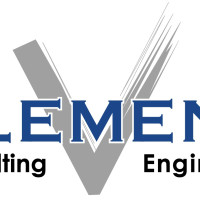Metallurgical Engineering deals with the study of metals and their properties. This discipline focuses on the extraction, refining, processing, and application of metals and alloys, ensuring the creation of materials that are strong, durable, and suitable for a wide range of industrial uses.
Key Areas:
- Metal extraction and refining
- Alloy development and testing
- Material strength and durability analysis
- Metallurgical processes in manufacturing
Other Engineering Disciplines
Agricultural Engineering
Applies engineering principles to optimize agricultural production, machinery, water management, and sustainability, enhancing efficiency in food and resource management.
Chemical Engineering
Combines science and engineering to design processes that transform raw materials into valuable products, including fuels, chemicals, and pharmaceuticals, while improving efficiency.
Civil Engineering
Focuses on designing, constructing, and maintaining infrastructure like roads, bridges, and buildings, ensuring safety, durability, and sustainability in urban and rural development.
Electrical Engineering
Electrical engineering deals with electricity, electronics, and electromagnetism, evolving from the 19th century telegraph to modern computing, with subfields like power engineering and telecommunications.
Computer Engineering
Integrates computer science and electrical engineering to develop hardware, software, and systems, powering advancements in computing, AI, and communication technologies.
Electromechanical Engineering
Combines electrical and mechanical engineering to design systems such as robotics, automation, and industrial machinery, integrating mechanical and electrical components.

































